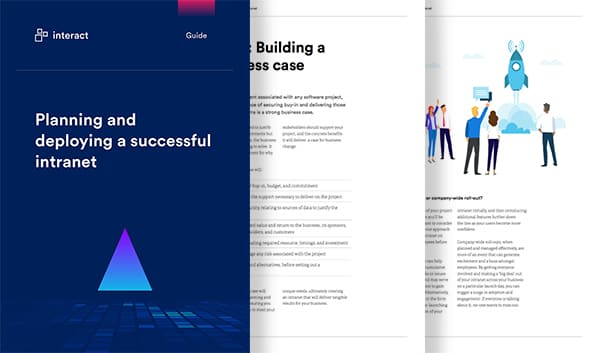Improve employee retention with our 5 great tips
High employee turnover is a scary prospect for any company. Replacing an old employee can cost up to 150% of their original salary. Moreover if you have a high turnover rate, word may get around and cause others to view your organization as a less than desirable place to work. With the common perception that employees are staying in jobs for less and less time, especially younger employees, it’s time to focus on employee retention strategies that help address those issues before they arise.
A good employee retention strategy doesn’t mean giving the perks commonly associated with a new breed of California startups – pool tables, cold brew on tap, and an open office plan. Those aren’t bad extras to offer, but a toxic work environment is a toxic work environment. If management doesn’t build trust among workers, empower them, and create an environment that rewards positive collaboration, then no page torn from Google’s playbook will fix the problem. There is a base of healthy habits that any organization, no matter how large or small, can implement today to keep employees happy and staying put.
Communicate and listen

No one wants to be confused or blindsided in their job. There is no quicker way to break someone’s trust than to keep them in the dark about the strategy or reasoning behind your managerial decisions or to expect them to live up to unclear standards. The same goes for delivering mixed messages. The best course of action is to be completely transparent with your team about your expectations for them in terms of short and long term goals, as well as what action items you expect them to accomplish and when.
Remember that communication is a two way street. Your employees still won’t feel that communication is healthy if you speak at them while paying no heed to their input. Making sure you maintain humility is a good place to start. No matter how well you understand the roles of your employees and all the ins and outs of your organization, you aren’t performing each of their jobs on a day to day basis. They have valuable input. If you don’t incorporate that input into your strategy, they’ll feel unimportant, uninvolved, and withdrawn. That’s a recipe for turnover.
Let them take on their own projects

One of the best ways to make employees feel important and listened to is to allow them to create additional responsibilities for themselves. Help them turn their input into projects with tangible products that they can be proud of. Not only will this make them feel valuable, it will also give them a chance to mold their job into something they love to do. Everyone wishes they could do their dream job, and while few of us can get paid to watch Netflix or backpack around South America, owning their responsibilities will allow your employees to capitalize on their strengths in a way that they find fulfilling.
Make sure they know where they fit in overall business goals

It’s draining to feel that you work in a vacuum. If your employees feel that they come into work and perform their jobs only for the sake of doing their own job, they may feel that their work has no point. That’s a critical point at which they may become further disengaged. The way to fix this is by giving employees a behind the scenes view of the value that each piece of the business adds, especially their own, and how those pieces further overall business goals. This will help them understand their own importance, and feeling they’re important will make them excited to show up to work each day.
Give them opportunities to grow

Very few people want to stay static, in the same position for their whole career, even if they love their current job. It’s human nature to want to grow and to strive for more. If you don’t provide opportunities for growth, your employees will look outside your organization. This doesn’t necessarily mean you have to offer promotions at every turn. In fact, sometimes a promotion isn’t the answer at all. Are there new skills that could add to your employee’s job? Perhaps they want to learn a new programming language or become a better writer. It’s also possible that they’d like to add additional responsibilities to their current ones in order to learn about other areas of your business. If you give them these routes for personal development, they’ll stick around to take advantage of the opportunities.
Base reviews on performance, not hours worked

This point benefits the business as much as it makes employees happy. Someone can work 16 hours a day and still not accomplish anything substantive. This will tire and anger them, and it won’t get you any closer to accomplishing your quarterly goals. While you shouldn’t necessarily encourage them to come in for only two hours per day, let your employees know that deliverables are far more important to you than how much time they spend in the office. They’ll be far happier when they don’t feel that they are at work only for the sake of being at work.
Ultimately everyone wants to feel valuable, and they want to know that their time counts for something. Feeling otherwise can be very toxic and draining, and it will drive employees away. While flashy perks can help in recruitment, cultivating a healthy and positive management style is what you need in order to improve employee retention.
